Overcoming Obstacles: A Path to Growth and Resilience

Life is full of challenges, and obstacles are inevitable. Whether in our personal lives, careers, or communities, we all encounter barriers that test our resolve, patience, and creativity. How we respond to these challenges defines our ability to grow and thrive. Overcoming obstacles is not just about clearing a path forward; it's about building resilience, gaining valuable insights, and learning to adapt in the face of adversity. This process, though often difficult, can be transformative.
The Nature of Obstacles
Obstacles come in many forms—financial difficulties, emotional hardships, professional setbacks, health challenges, or societal barriers. They often seem insurmountable at first, leading to feelings of frustration or helplessness. However, obstacles are not necessarily roadblocks; they are opportunities for growth, teaching us perseverance and innovation.
When faced with adversity, our initial instinct might be to avoid or retreat. But the most successful individuals and communities are those who confront obstacles head-on, seeing them as catalysts for personal development and collective progress. Instead of asking "Why me?" we can reframe the question to "What can I learn from this?"
The Importance of Mindset
One of the most powerful tools in overcoming obstacles is a growth mindset—the belief that abilities and intelligence can be developed through dedication and hard work. Those with a growth mindset view failure as a natural part of learning rather than a reflection of their abilities. They are more likely to embrace challenges and persist when faced with setbacks.
This mindset fosters resilience, which is critical when dealing with obstacles. Resilient individuals and communities do not crumble in the face of hardship; instead, they bounce back stronger, armed with the lessons learned from their experiences. Embracing challenges with optimism and a willingness to grow helps us push through even the toughest circumstances.
Strategies for Overcoming Obstacles
- Acknowledge the Obstacle: The first step in overcoming any challenge is to acknowledge its existence. Denying or avoiding problems only compounds them. By facing the obstacle, you take control of the situation and can begin strategizing your way forward.
- Break It Down: Big challenges can feel overwhelming. Breaking them down into smaller, manageable steps helps reduce anxiety and provides a clear path forward. Focus on taking one step at a time, celebrating small victories along the way.
- Seek Support: You don’t have to face obstacles alone. Whether it's friends, family, mentors, or a professional network, others can provide valuable perspectives, encouragement, and assistance. In times of difficulty, community support can be an essential resource for finding solutions.
- Learn from Failure: Failure is often seen as negative, but it’s a necessary part of the learning process. Each failure brings valuable lessons and insight. Analyzing what went wrong can help you adapt and improve your approach, making future success more likely.
- Adaptability: Obstacles often require us to change our plans, adjust our expectations, or develop new skills. Being adaptable means being open to change and willing to pivot when necessary. Flexibility allows you to find creative solutions and remain resilient, even when things don’t go as planned.
- Stay Persistent: Persistence is key when overcoming obstacles. Some challenges will take time and multiple attempts to overcome. Keep pushing forward, even in the face of failure. Persistence, combined with patience and reflection, can turn obstacles into stepping stones.
- Maintain Focus on Long-Term Goals: It’s easy to get discouraged when things don’t go as planned. Keeping your long-term goals in mind can provide motivation when dealing with short-term setbacks. Obstacles are part of the journey, but they don’t define the destination. Stay focused on your larger purpose and vision.
The Power of Collective Resilience
On a broader scale, overcoming obstacles is a collective effort. Communities, organizations, and societies also face their own unique challenges—economic disparities, political conflicts, environmental crises, and social inequalities. Just as individuals can cultivate resilience, so too can communities.
When communities come together to address shared obstacles, they foster unity, collaboration, and innovation. The combined strength of diverse perspectives and talents can generate powerful solutions to even the most complex problems. Collective resilience enables communities not only to survive but to thrive in the face of adversity, building a more equitable and just world.
Conclusion
Overcoming obstacles is an essential part of personal and collective growth. While challenges may seem daunting at first, they offer opportunities for learning, adaptability, and building resilience. By embracing a growth mindset, seeking support, and remaining persistent, we can navigate even the most difficult obstacles and emerge stronger.
In every challenge lies the seed of possibility. Whether individually or as a community, facing obstacles with determination and an open mind transforms adversity into triumph, setting us on the path to success.
What's Your Reaction?











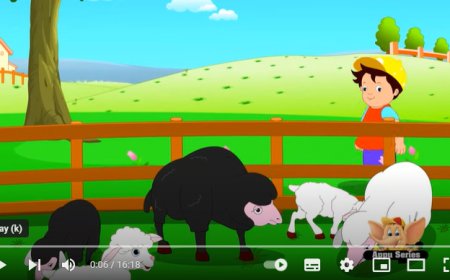









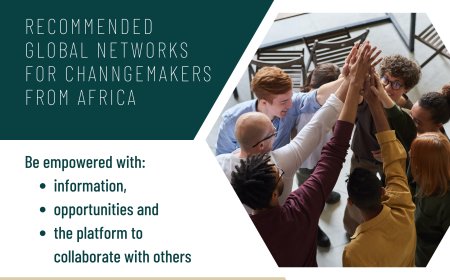











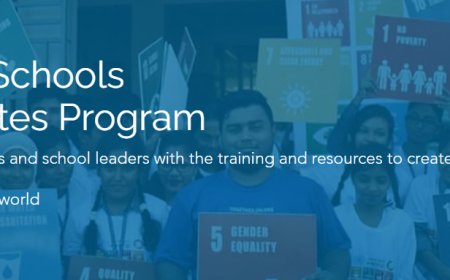






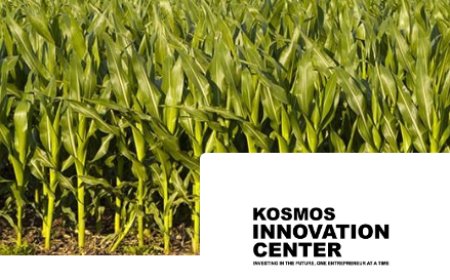




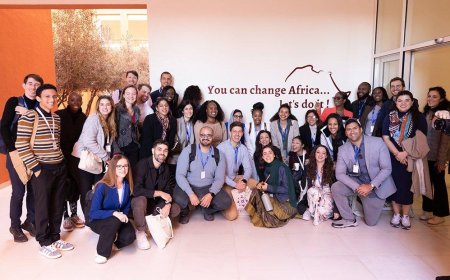



























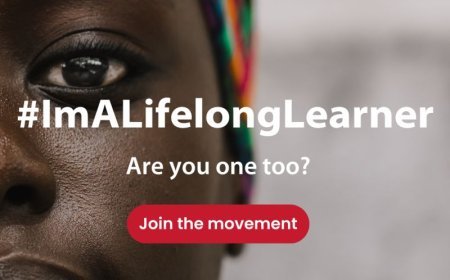


![Watch: The Butterfly Circus [Short Film] featuring Nick Vujicic](https://blog.elfglobal.org/uploads/images/202405/image_430x256_6654b9bc69c46.jpg)

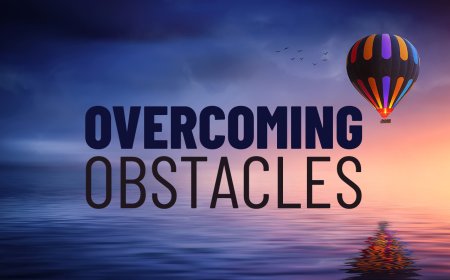

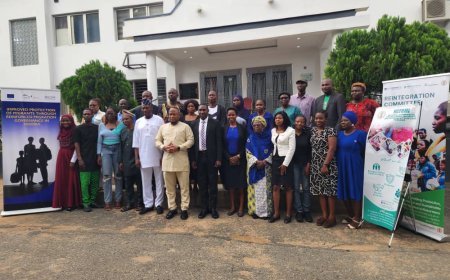
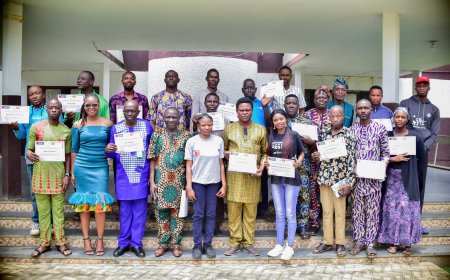
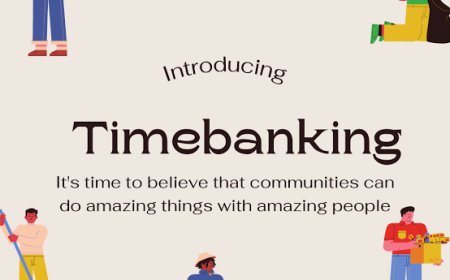



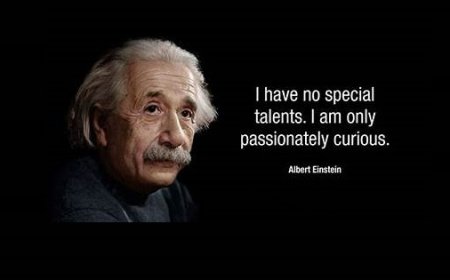


![Watch: The Butterfly Circus [Short Film] featuring Nick Vujicic](https://blog.elfglobal.org/uploads/images/202405/image_140x98_6654b9bc76b8e.jpg)





